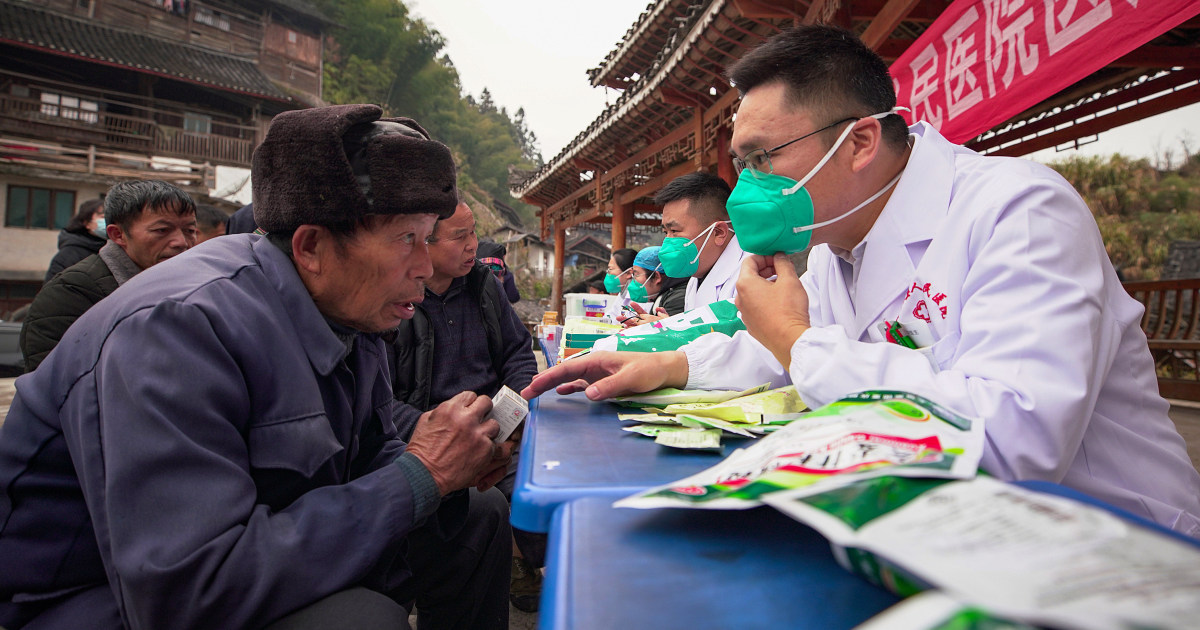Nationwide infections could remain high for another two to three months, Zeng Guang, a former chief epidemiologist at the Chinese Center for Disease Control and Prevention, was quoted as saying by local news outlet Caixin last week. With major cities like Beijing and Chongqing saying their outbreaks have peaked, he said, «it’s time to focus more on rural areas.»
Zeng noted that fewer medical resources are available for those he said have been «left behind» in rural areas, such as the elderly and people with disabilities. According to official statistics, there were about five medical staff and fewer than five hospital beds per 1,000 people in rural China in 2020, compared with more than 11 medical staff and nearly nine hospital beds in urban areas.
Jiao Yahui, an official with the National Health Commission, said the government’s Covid strategy for rural areas had two main focuses.
“The first thing is to make sure that the medicines can reach them and that the supply covers the Spring Festival time period or even longer,” he told Chinese state media earlier this month. “The other is that patients who are seriously ill can be treated at regional hospitals or at least transferred to county hospitals.”
Some ordinary Chinese are also moving in to help.
Yuki Yang, 26, said he had been working with 100 other volunteers since mid-December to send medicine and other Covid supplies to older people in villages across the country.
“Most of the time we contact local clinics and distribute the pills in the presence of local doctors,” said Yang, who lives in Shanghai. «But I know more people need help.»
The visitor from Taoyuan County, who requested anonymity for fear of official reprisals, said there was only one health clinic in her village and it was not equipped to treat Covid patients. The lack of facilities means that people with Covid are more likely to travel elsewhere for treatment or simply recover at home to avoid further exposure in hospitals.
“There is a relatively complete hospital in the city, but it is still incomparable with the medical resources of the city,” he said.
At a hospital in Qingjian county, in the northern province of Shaanxi, 30 to 40 people, mostly middle-aged and older and all wearing masks, lined up to register as outpatients one morning last week. Several elderly people waited for family members on a couch near the hallway entrance, occasionally coughing.
People dressed in white, the traditional color of mourning in China, could be seen on the streets earlier that day walking in funeral processions for two different people.
A local resident surnamed Li said he had attended five funerals since last December, all for people who died after contracting covid. He said he had heard that at least 300 elderly people have died this winter in the county, not including the administered villages or towns.

